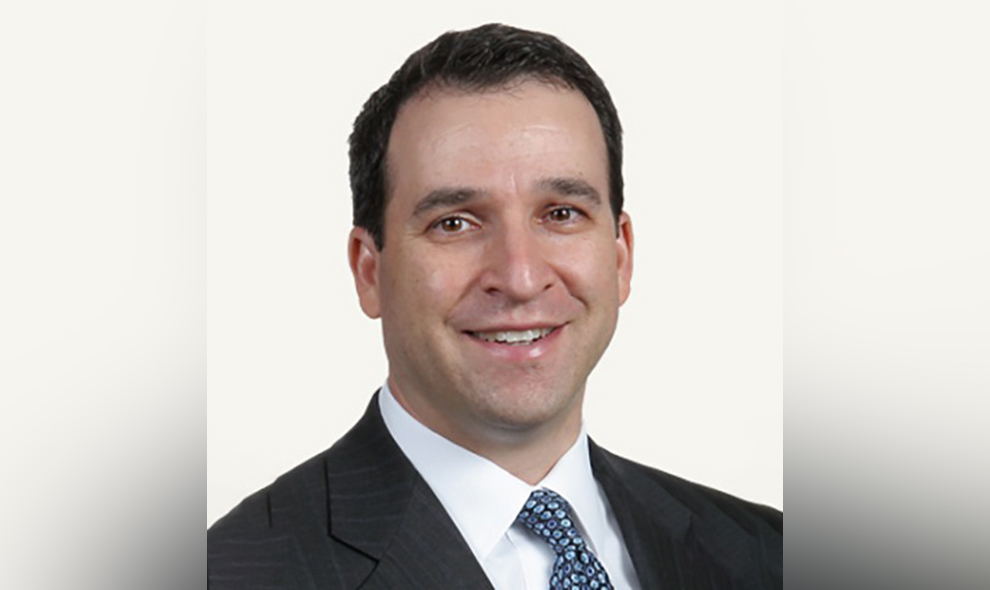ESG has emerged as a top priority for governments, corporations, banks, funds and multilaterals. Why is that?
A range of factors, including: accelerating regulation in the EU and the anticipated disclosure requirements in the US; escalating shareholder activism; growing climate-related litigation (including the recent Shell decision in the Netherlands); increasing public commitments by corporations, financial institutions and governments to reduce carbon emissions; intensifying focus on supply chain sustainability and human rights, and surging media focus on all of the above.
These developments are causing major market changes that will produce winners and losers. Those that anticipate and adapt will thrive. Those that cannot will have a difficult time.
How are your clients managing these developments?
Some are managing this brilliantly. They staffed up, fully assessed their operations (including supply chains) and developed a workable approach for collecting ESG-related data. They have also begun developing strategies to adapt to evolving demands on their business, mitigate climate and ESG-related risk and exploit opportunities as they arise.
Others are struggling due to, among other things, inadequate staffing, limited support from senior management, a muddled mandate –and limited oversight– from their boards, and a tendency to react to headlines and “hot” trends rather than proceeding in a measured way based on a coherent strategy.
Those that anticipate and adapt will thrive. Those that cannot will have a difficult time.
March of this year saw the SEC seeking public comment on the development of a new framework for climate and ESG disclosures. How significant is this development for corporations in the US?
The public comments ranged widely. Some called for increased disclosure requirements backed by rigorous enforcement, while others argued for maintaining the status quo. SEC Chairman Gensler has since directed SEC staff to develop climate and ESG disclosure recommendations by fall 2021, building on other recent SEC steps in this area such as creating a Climate and ESG Task Force within the Division of Enforcement.
For issuers, these changes mean heightened focus on existing disclosure based on existing rules (including increased enforcement risk) and the increased likelihood that tougher disclosure rules will come into force over the next 2-3 years.
And what does this mean for the environment?
The immediate impacts will be limited, but increased transparency will impact behaviour at least to some degree. The ability to tell the right story on ESG will increasingly impact corporations’ ability to access capital.
[ymal]
The SEC has attributed the need for a climate change disclosure update to growing investor and consumer demand for transparency over organisations’ climate change risks. How far has the appetite for this information grown over the past decade?
The demand for transparency has grown exponentially. Consumers increasingly insist on knowing the provenance of the products they purchase, use, and consume, from coffee beans to furniture to engagement rings), while corporate proxy ballots and board member elections are driven more and more by climate and other ESG concerns. SEC Commissioner Allison Herren Lee recently affirmed that because of this demand, the SEC has “begun to take critical steps toward a comprehensive ESG disclosure framework aimed at producing the consistent, comparable, and reliable data that investors need.”
The demand for transparency has grown exponentially.
Do you have any expectations for what the SEC’s proposed framework will look like or how it will affect business in the US?
It is too early to say with any certainty. Everything is on the table, including specific disclosures on:
- Carbon emission reductions and commitments;
- Energy use (including mix of renewable and traditional energy sources);
- Water and other natural resource impacts;
- Human capital, including workforce demographics & diversity, turnover, training, comp & benefits, and health & safety;
- “Green” marketing claims.
Given where you sit as head of A&O’s Global Environmental Law Group, how does this all look for companies and financial institutions working across borders?
Across the board, my clients increasingly recognise that their ability to adapt to the challenges posed by climate change, economic inequality, racial injustice and similar issues is essential to their ability to survive, and to thrive. Their main worries are whether the EU, the US and others will harmonise disclosure rules, the potential for conflicting requirements, the availability of reliable, verifiable data, and the costs of compliance. As someone who has advised on ESG for my entire career, well before it was called “ESG,” it is exciting and gratifying to see these issues become a mainstream priority. But we are only in the first inning – we have a long way to go before the game is over.
Ken Rivlin, Partner
Allen & Overy
Address: 1221 Avenue of the Americas, New York, NY 10020
Tel: +1 212 610 6460
Email: ken.rivlin@allenovery.com
Website: allenovery.com
Allen & Overy is an international law firm with 44 worldwide offices and expertise in banking & finance, M&A, funds, litigation and IP, the firm has offered business solutions to its clients for nearly a century. In 2019, Allen & Overy advised on more transactional deals than any other law firm in the world.
Ken Rivlin is a long-term partner at Allen & Overy’s New York office. He founded the firm’s US Environmental Law Group and heads its International Environmental Law Group. He also co-heads the firm’s International Trade and Regulatory Law Group and founded its sanctions practice. He advises clients on a wide range of environmental, ESG and regulatory issues and is a frequent speaker on environmental and regulatory matters.





















